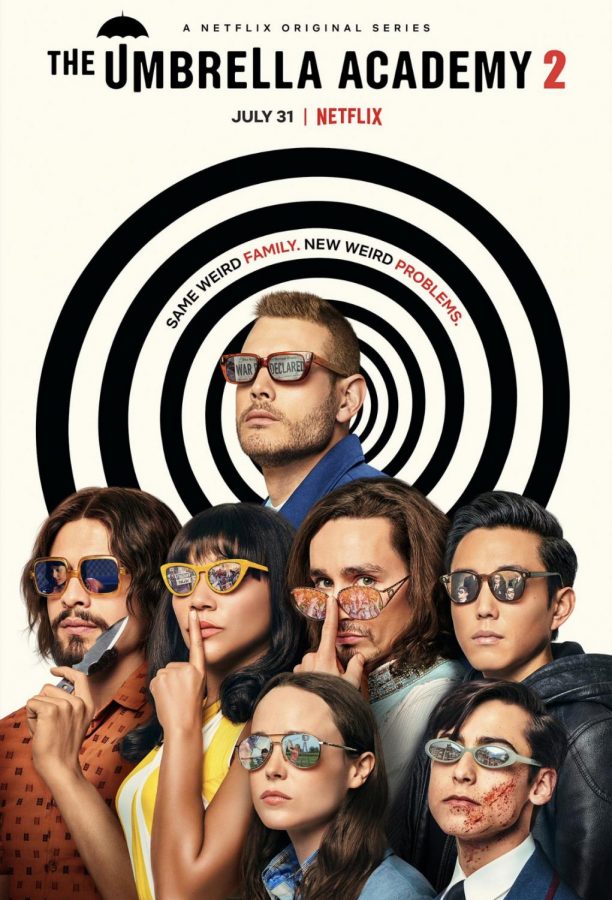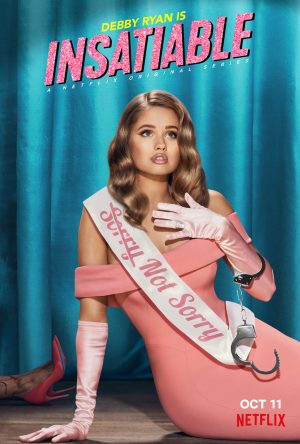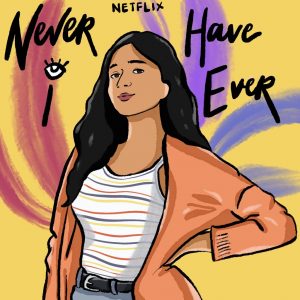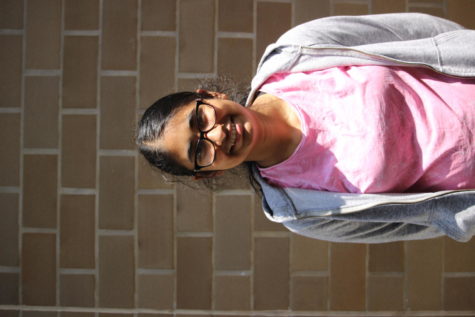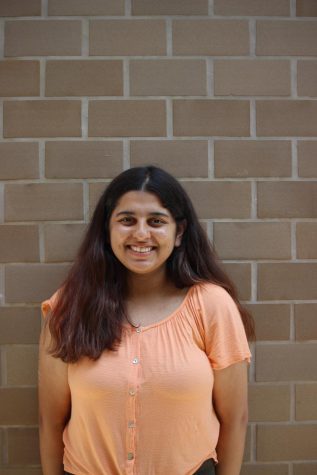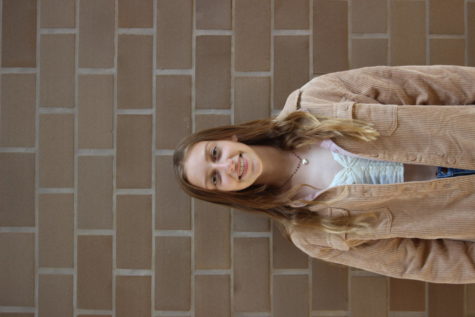The Umbrella Academy soars to new heights
Netflix
The second season of the popular and acclaimed show The Umbrella Academy released on July 31 on Netflix.
October 2, 2020
With relatable conflicts, stunning character growth, and a more cohesive plot, the release of the second season of “The Umbrella Academy” had viewers on the edge of their seats, with the finale leaving them craving for more.
The second season came out on July 31 and immediately exploded in popularity thanks to people’s collective boredom in quarantine and the popularity and acclaim of the first season. While it does build on many of the themes already introduced in the first season, it also introduces new ones, which more effectively hit the mark.
Based on the graphic novels by pop-punk band My Chemical Romance’s frontman Gerard Way, the show, from season one itself, expands and diversifies the source material. Whereas in the comics all of the main characters are white, the show features a more diverse cast—Allison (Emmy Raver-Lampman) and Diego (David Castañeda) are black and Latino, respectively; Ben (Justin H. Min) is East Asian; and Lila (Ritu Arya), a new character not in the comics, is Indian.
“It’s not about the diverse cast, it just is,” David Castañeda told Men’s Health. “Right? Which is the world that we live in, and we don’t really have to explain it as much.”
Additionally, the show has LGBTQ+ representation as two of the main characters, Vanya (Elliot Page) and Klaus (Robert Sheehan), are in same-sex relationships, a sharp change from the comics where everyone was assumed straight.
Following the first season’s major cliffhanger ending, the creator of the show, Steve Blackman, looked to “expand on not only the emotional storytelling, but also the action and stuff that we are doing.” And he succeeded in both aspects.
In season two, the Hargreeves siblings are thrown into the 1960s where they each face their own unique set of challenges as they find themselves stuck with preserving history, rather than saving the future.
History often repeats itself, so when viewers saw that issues faced right now were depicted in the second season, it led to a lot more cultural and emotional relevance and relatability than a deadly apocalypse in season one.
From the get-go, Allison and her husband Raymond Chestnut (Yusuf Gatewood) are faced with the first major social hurdle in the season: fighting Jim Crow Laws. Their treatment by the police is a painful parallel to current events, and their rallies and fighting is reflective of protests taking shape across the country right now.
Along with racial equity, season two brings up many other social justice conversations, from LGBTQ+ relationships with Klaus and Dave, and Vanya and Sissy; to special needs, neurodivergence and learning disabilities through Harlan; to mental health institutions with Diego in the beginning of the season.
As we saw development in the show’s topics, we also saw immense character growth and complexity throughout all of season two.
On the tangent of purely emotional growth, all the main characters matured, but Five (Aidan Gallagher) perhaps did the most. From the angry, no-nonsense, mannequin-dating teen in season one, viewers see him grow into a more compassionate person, someone who learns when to step back and when to take the lead.
Season two also excelled in making the characters more three-dimensional, with Luther (Tom Hopper) being a prime example. “My dad sent me to the moon” was an iconic line (and a fact we were reminded of every two scenes), but in the latest season, he grows into someone protective, someone who sees others as people rather than brash competition. Going into season two, no one expected to feel sympathy towards him, but his personality change and apologies brought him new, empathetic fans.
Simply, the characters are more interesting this season. Take the Handler (Kate Walsh). Of course, she was a fan-favorite in season one—because really, who doesn’t love a ruthlessly sarcastic villain?—but the show now explores her motivations, emotion, history, relationships, all things that add both to her character and the plot of the show.
Speaking of plot, it was significantly smoother to follow this season, which made it a less confusing watch and a more fun binge. The main plot was easy to understand, and all the subplots following the individual siblings were always relevant. There was less unnecessary gore and violence, making it a perfect 12 am show.
That’s not to say it was boring; on the contrary, some of the plot twists enlisted audible gasps. The show kept viewers constantly engaged while making it simpler to follow—a perfect combination that made the season so popular.
Of course, the show faced some pitfalls in the form of unexplained plots that will hopefully be addressed in the third season, like Reginald Hargreeves’s (Colm Feore) alien transformation and Diego’s odd obsession with JFK, which could possibly be traced back to emotional neglect and, as Lila puts it, his “hero complex.”
As a whole though, The Umbrella Academy exceeded all expectations and completely surpassed its pilot season. With a heart-stopping, cliffhanger finale, fans eagerly anticipate a third season. The first two seasons are currently streaming on Netflix.

